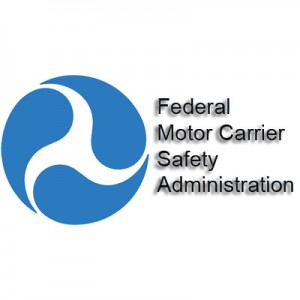Data shows increase in drivers prohibited from driving due to substance abuse violations
From MG+M The Law Firm. A recent report by the Drug and Alcohol Clearinghouse, administered by the Federal Motor Carrier Safety Administration (FMCSA), showed that the number of truck drivers prohibited from driving because of substance abuse violations is increasing by approximately 2,000-3,000 each month. As of June 1, 2021, 60,299 drivers had a violation…

From MG+M The Law Firm.
A recent report by the Drug and Alcohol Clearinghouse, administered by the Federal Motor Carrier Safety Administration (FMCSA), showed that the number of truck drivers prohibited from driving because of substance abuse violations is increasing by approximately 2,000-3,000 each month. As of June 1, 2021, 60,299 drivers had a violation in the system. This number was an increase of roughly 3,000 drivers since May 1, 2021, and there were only 18,860 drivers with such violations on May 1, 2020.
Once drivers have at least one substance abuse violation, they are prohibited from operating a commercial truck until they finish a return-to-duty process. This process includes producing a negative drug test result, among other requirements. As far as which substances produce the most violations, marijuana has consistently been at the top of the list. Cocaine and methamphetamine have followed as second and third on the list for CDL holders.
The FMCSA has specific rules for drug and alcohol testing of CDL holders. Every truck driver who, on public roads, operates a commercial vehicle that is subject to CDL requirements is required to undergo drug and alcohol testing. Drivers must be tested before even being hired. Further, drivers must undergo random testing throughout the year and are required to be tested under certain circumstances. For example, if a driver seems to be under the influence of alcohol or drugs, he or she can be tested immediately. Finally, depending on the circumstances, testing may be required after an accident.
The increasing number of drivers with substance-related suspensions comes at a time when there is a shortage of truck drivers across the country. At a recent congressional hearing, the president and CEO of American Trucking Associations testified, “According to a recent estimate, the trucking industry needs an additional 60,800 truck drivers immediately — a deficit that is expected to grow to more than 160,000 by 2028.”
In order to keep our roads safe, it is crucial that drivers understand and follow the federal government’s requirements regarding drug and alcohol use. If they do not follow these standards, they could be suspended from their jobs until they complete a re-entry process. With safety as its priority, the FMCSA will continue testing drivers and enforcing its requirements.
